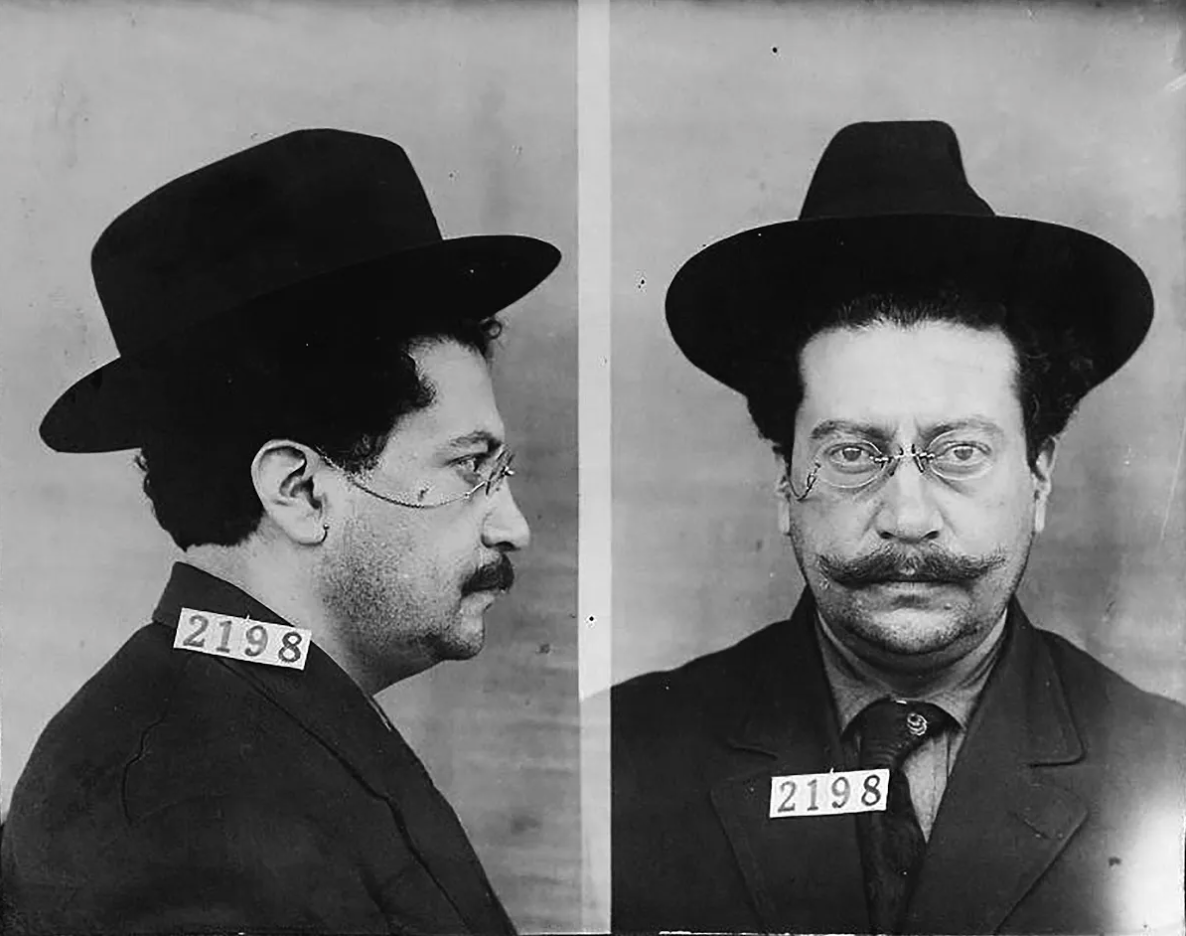By Geraldo Cadava, October 5, 2022
In 1901, Ricardo Flores Magón, a journalist and political dissident in his late twenties, stood on the stage at Teatro de la Paz, in San Luis Potosí, Mexico, and denounced President Porfirio Díaz. “The Díaz administration is a den of thieves!” he shouted—not once, not twice, but three times. The crowd of anti-Díaz liberals sat in disbelief. They may have agreed with the sentiment: Díaz had stolen from too many Mexicans their land, rights, and wages. But they hadn’t heard it expressed so brazenly. At first, they hissed. Eventually, they stomped their feet and clapped loudly. The man who had convened the gathering, Camilo Arriaga, an admirer of European critics of capitalism and state power such as Karl Marx and Mikhail Bakunin, asked himself, “Where is this man taking us?”
At the time of the gathering in San Luis Potosí, Mexico was a tinderbox. Díaz had held power for two decades with support from armed henchmen called rurales, spies listening for whispers of dissent, and powerful business and political interests in Mexico and the United States. Díaz had modernized and brought stability to a young nation that, prior to him, had more than thirty leaders in its first fifty years, but, because of his ruthless tactics, his opponents had worked to dethrone him from the early years of his Presidency.
Flores Magón’s family was not among them at first. His father had fought for Díaz, but by 1901, after Díaz had persuaded the Mexican Congress to alter the constitution to allow his continuous rule, Flores Magón and his brothers had become dissidents. Ricardo Flores Magón’s radicalism helped spark the Mexican Revolution. Liberal and radical intellectuals were some of his closest associates, and poor workers were his followers—the magonistas. He communicated with them through a newspaper that he founded in 1900, called Regeneración. At first, the newspaper stood against the corruption of those who propped up the Díaz regime, including police, lawyers, and judges, but by the end of the year, as Díaz was about to be sworn in for his fifth consecutive term, it took direct aim at Díaz himself. Dissidents across Mexico took notice, and Regeneración circulated widely, earning Flores Magón the invitation to speak in San Luis Potosí. Díaz was taking notice, too.


